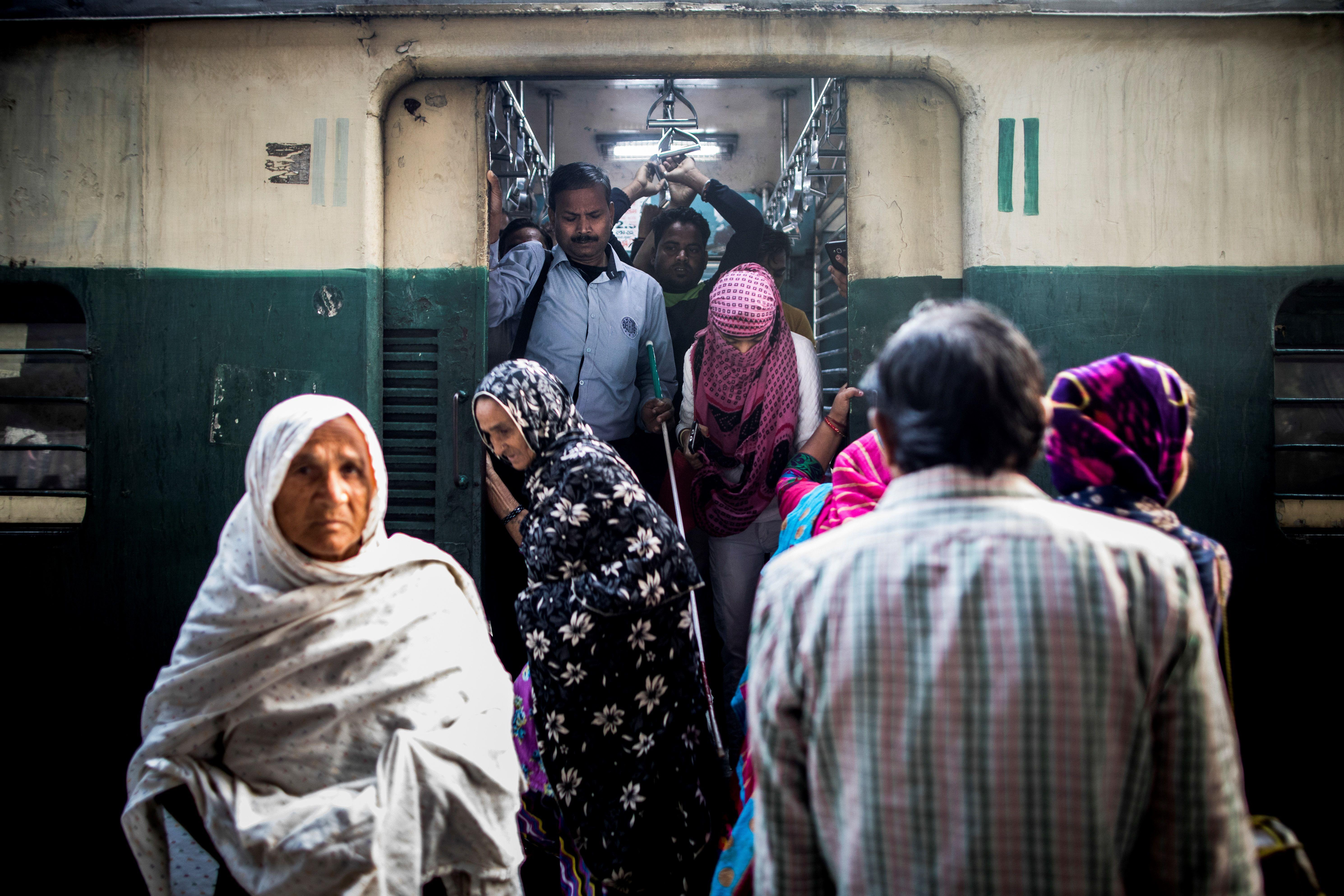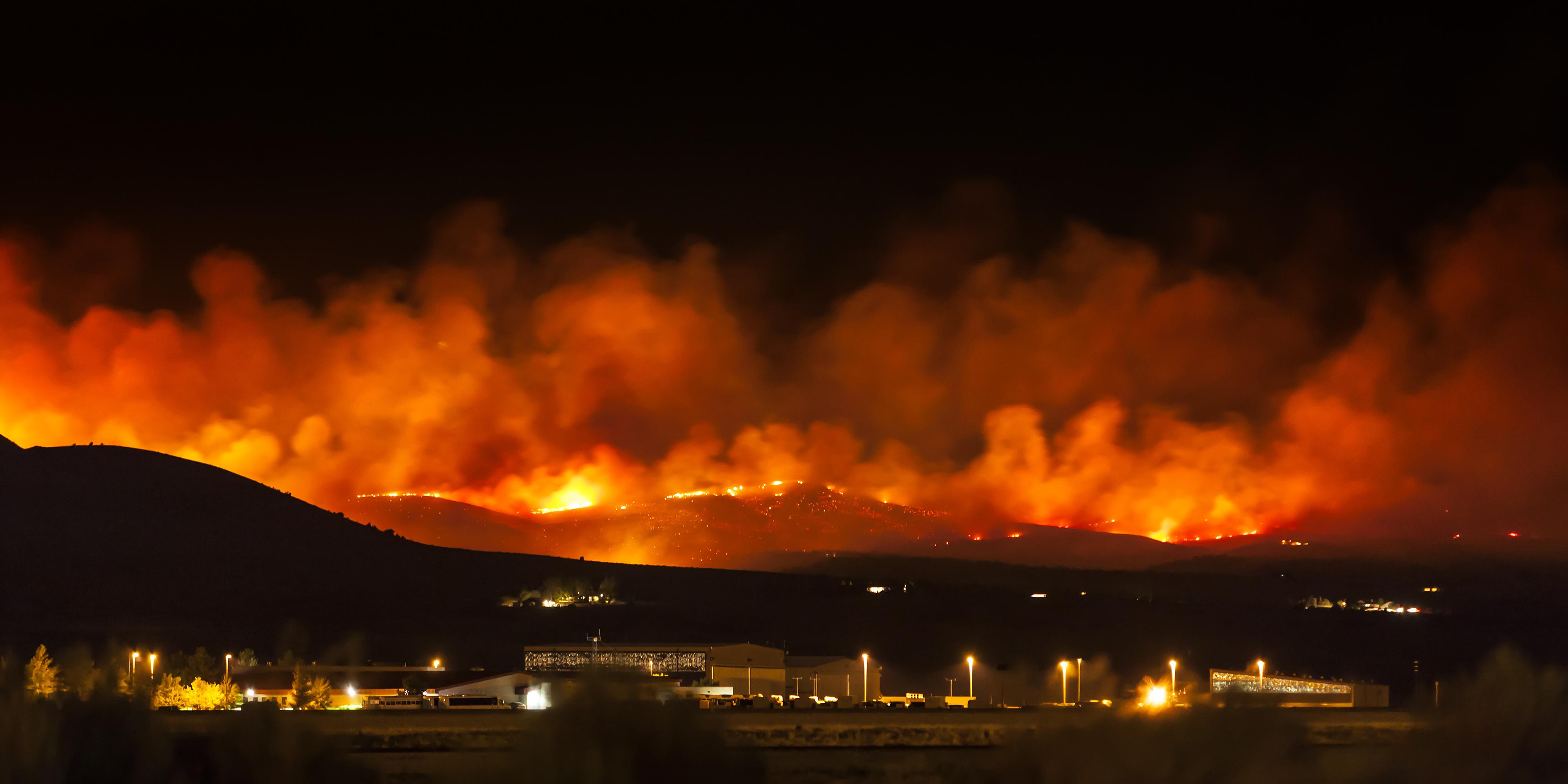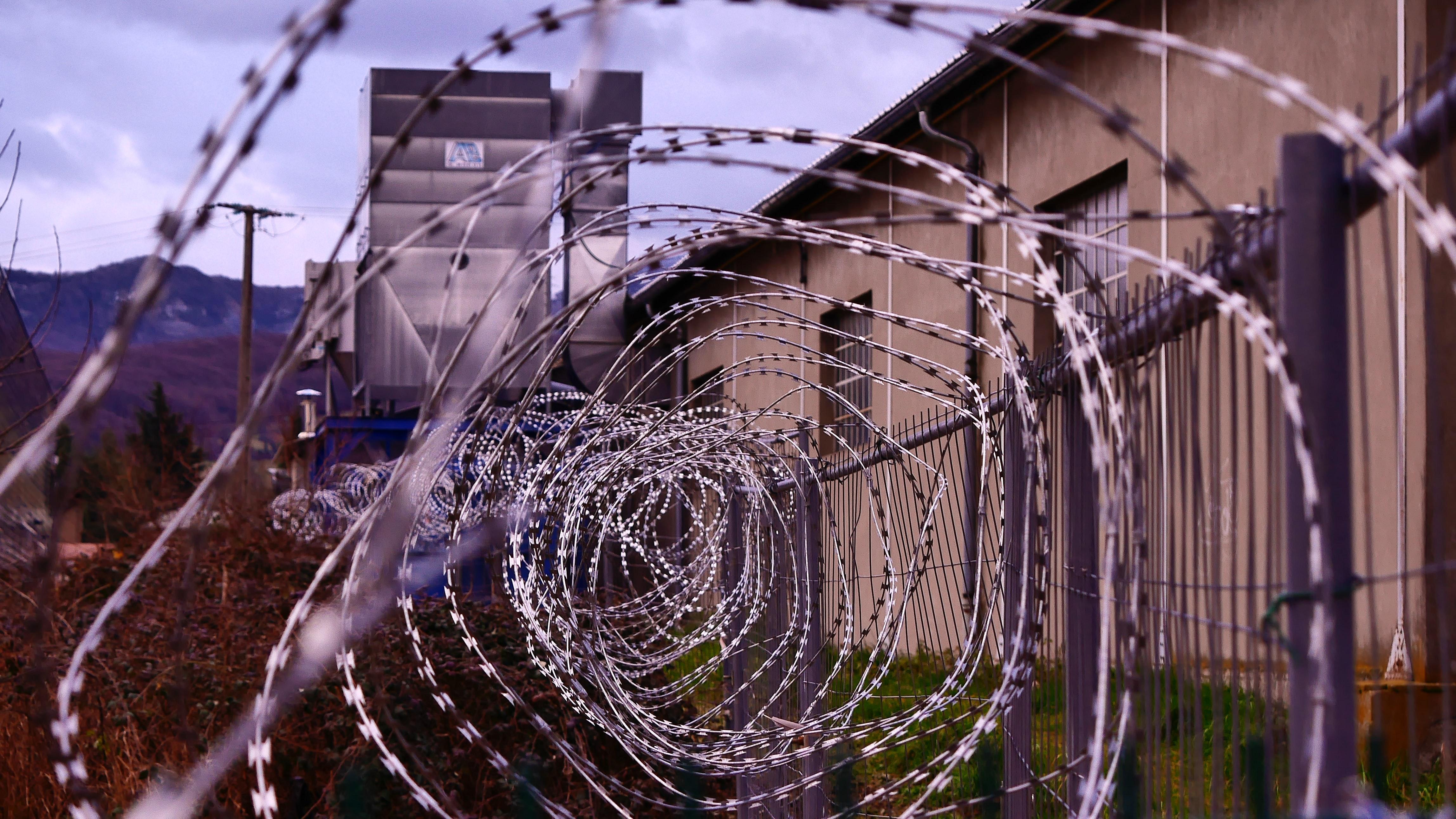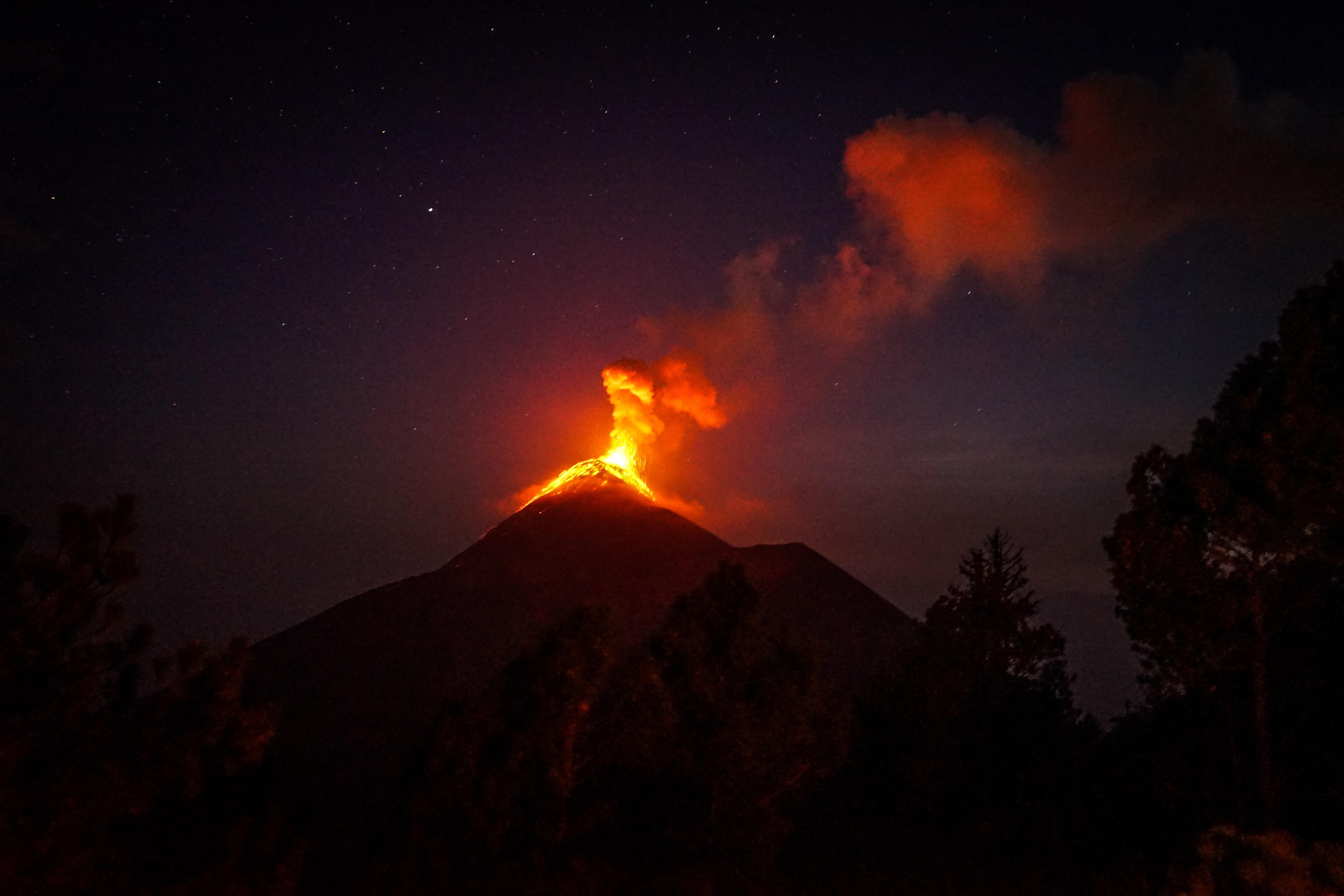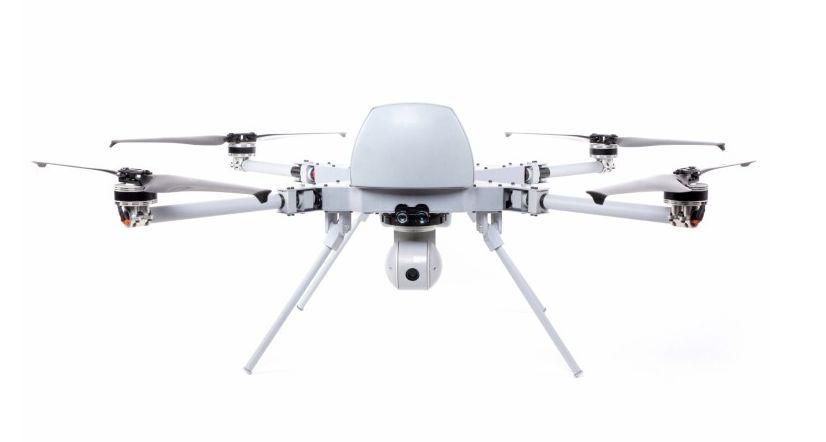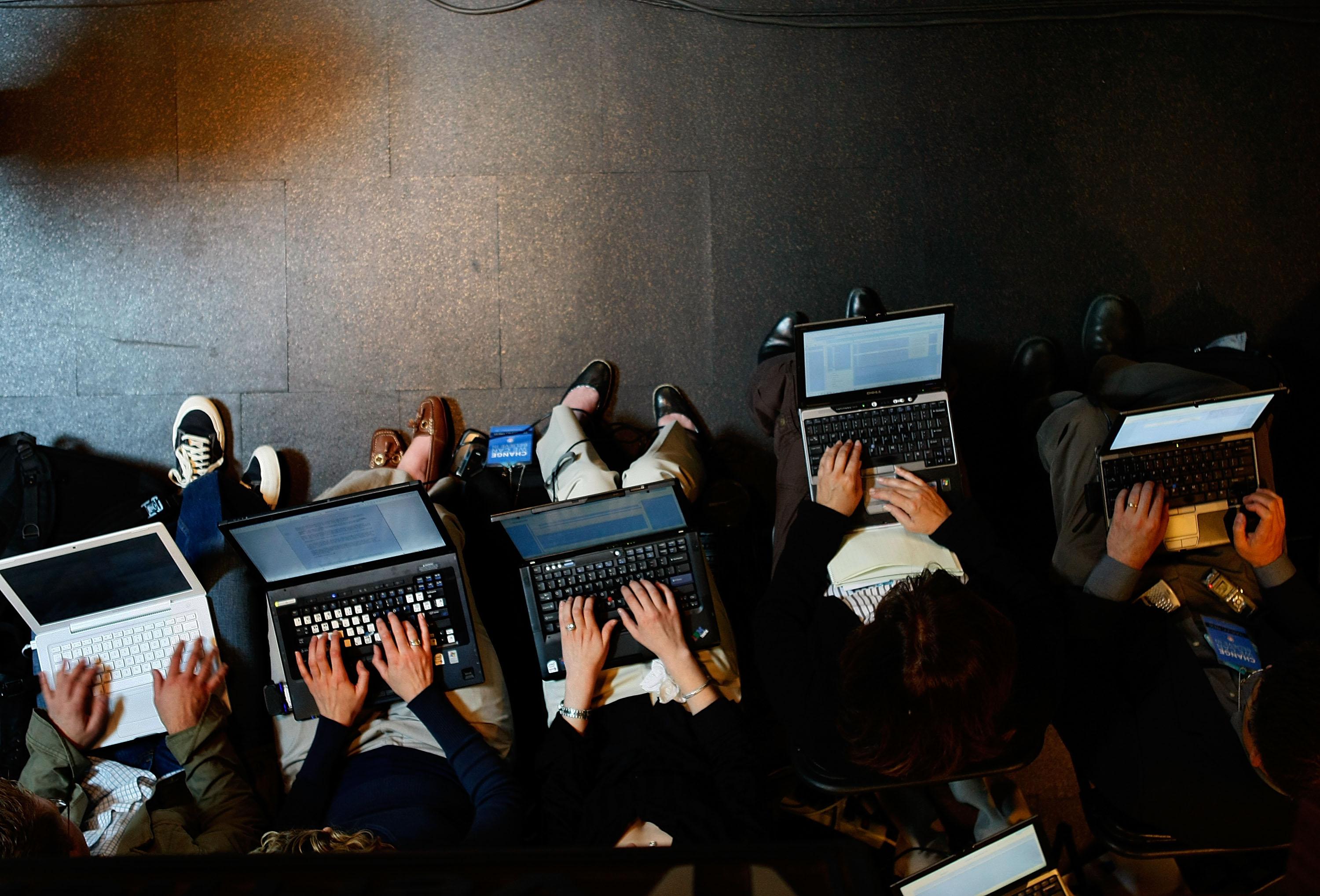The Present
All Stories
Two-thirds of romances start out as friendships.
Technology usually has more pros than cons, but every benefit still carries some risk.
Nearly 90% of the world’s blind live in low-income countries.
A new study mapped areas of the U.S. that are most likely to suffer natural disasters.
The pilot project is in 10 stores and is 85% accurate.
Our program lowers reincarceration rates by 44 percent.
As air pollution increases, so does violent crime.
The first nation to make bitcoin legal tender will use geothermal energy to mine it.
In each of our minds, we draw a demarcation line between beliefs that are reasonable and those that are nonsense. Where do you draw your line?
A brief passage from a recent UN report describes what could be the first-known case of an autonomous weapon, powered by artificial intelligence, killing in the battlefield.
A year of disruptions to work has contributed to mass burnout.
According to this research, eight percent of Americans always refuse vaccines. Why?
Information economics suggests that “no news” means somebody is hiding something. But people are bad at noticing that.
The number of PhDs has been exceeding the available academic positions since as early as the mid-1990s.
Too few babies — not overpopulation — is likely to be a major problem this century.
As droughts threaten water supplies across the planet, some municipalities aim to utilize an untapped resource: sewage water.
How our fantasy world of the past has become everyday reality.
Many workers moved home on the promise or hope that they’d be able to keep working remotely at least some of the time after the pandemic ended.
Virtual tourism has thus far been a futuristic dream, but a world shaped by Covid-19 may be ready to accept it.
We have pipelines for oil and natural gas. Why not water?
Contact-tracing apps can be a useful tool for public health, but they have considerable false positive and false negative rates.
A new study calls the technique “location spoofing.”
Political partisanship might be a treatable condition.
Is working from home the ultimate liberation or the first step toward an even unhappier “new normal”?
A new study explores how investors’ behavior is affected by participating in online communities, like Reddit’s WallStreetBets.
A new study suggests that private prisons hold prisoners for a longer period of time, wasting the cost savings that private prisons are supposed to provide over public ones.
A team of scientists managed to install onto a smartphone a spectrometer that’s capable of identifying specific molecules — with cheap parts you can buy online.
There’s a lot to love about the innovations of Scrivener 3 for the Mac.
Companies can identify you from your music preferences, as well as influence and profit from your behavior.
Prep for the most essential cybersecurity exams with over 400 hours of training.


